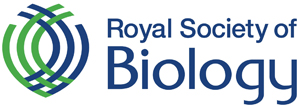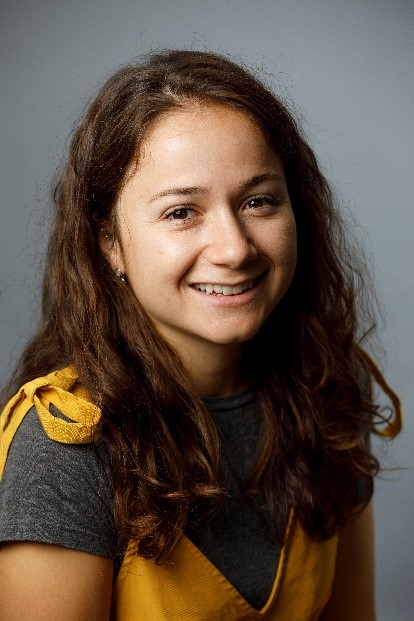Day 1. Reflecting on 2020 and 2021
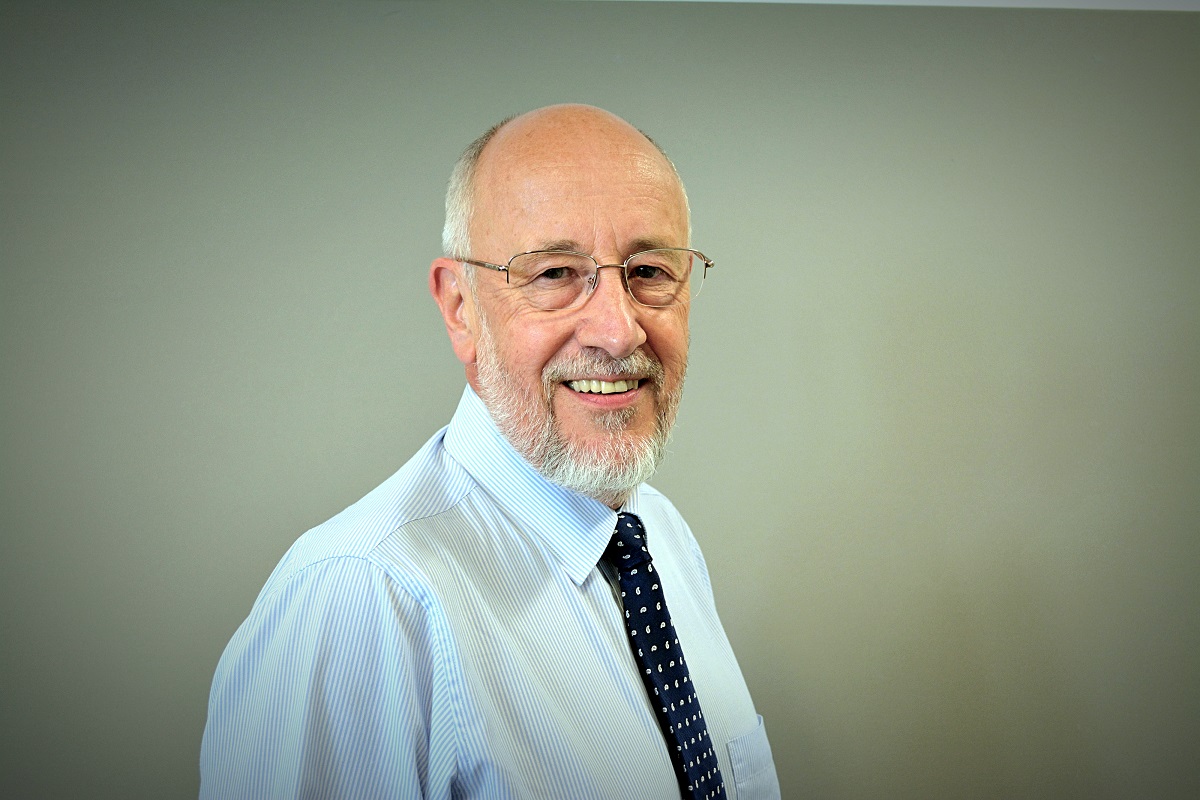
Professor Nigel Brown FRSE CBiol FRSB
Keynote speaker - Day 1
Nigel Brown is allegedly retired. He was formerly Vice-Principal at the University of Edinburgh, following a career as an academic microbiologist at the universities of Bristol, Melbourne and Birmingham and as Director of Science and Technology at BBSRC.
He is currently a Council Member and Chair of the College of Individual Members at the Royal Society of Biology. In addition to work on awards panels, he has run outreach events for children and adults and until recently wrote a monthly column on science in a local magazine.
He is a strong believe in bringing science to the public.
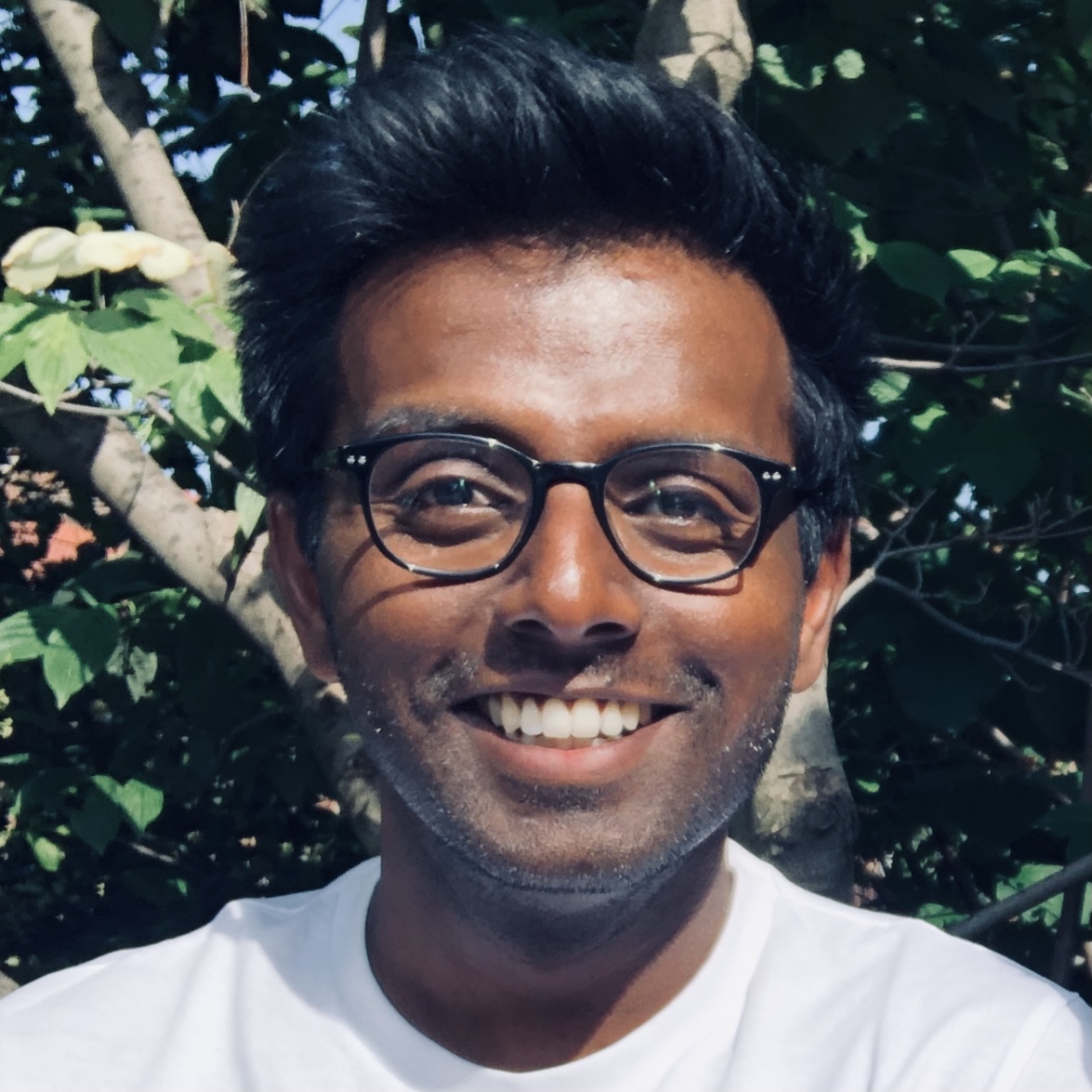
Raghav Selvam MRSB, Royal Society of Biology
Chair - Day 1
Raghav is an outreach officer for the Royal Society of Biology. He oversees the RSB’s awards and competitions and supports the delivery of its outreach and engagement programme. Raghav’s background is in both biology and science communication, and has worked in various outreach and education roles.
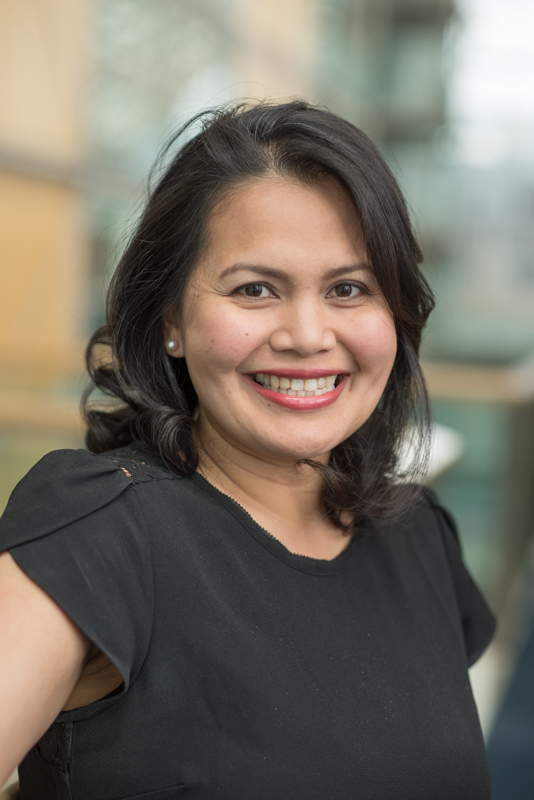
Dr. Maria Ocampo- Hafalla, Lab Manager for Education, the Francis Crick Institute
Digital transformation of outreach and engagement activities
Maria develops and delivers science activities for learners in primary and secondary schools, manages the CPD programme for primary school science subject leaders, and oversees the daily operation of the Crick’s Weston Discovery Lab.
She completed her MS and PhD on DNA damage and repair at New York University (USA) before becoming a postdoctoral fellow and then a Principal Scientific Officer at Cancer Research UK’s London Research Institute.
Inspired by her childhood experiences as an immigrant, Maria champions access to education and opportunity, values working with underserved communities, advocates for diversity and inclusivity, and embraces the joy of discovery. She is also a parent, a school governor and an alumnus of the StellarHE BAME Leadership Programme.
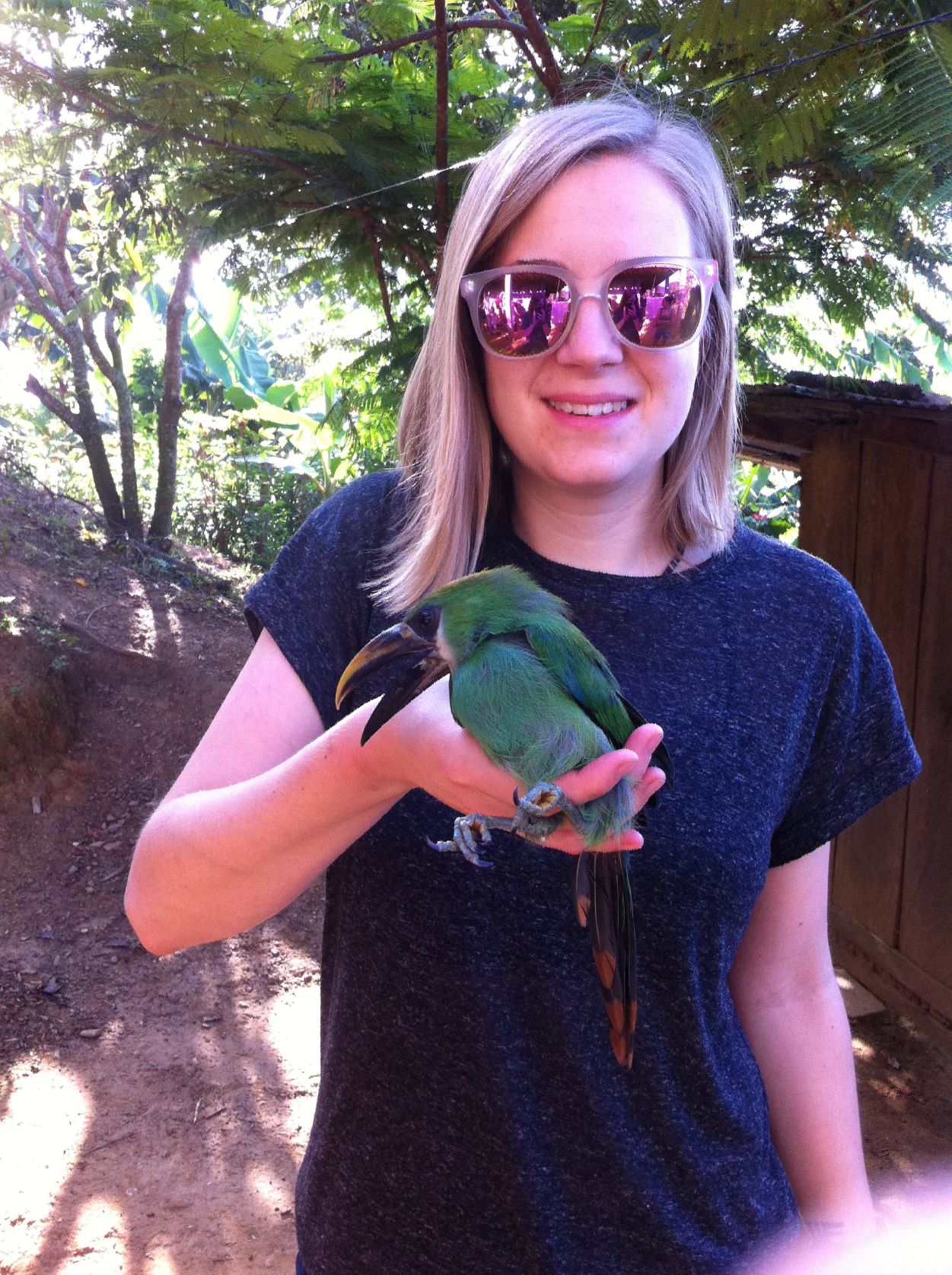
Christina Ravinet, Science Education Officer, the Francis Crick Institute
Digital transformation of outreach and engagement activities
Christina's interest in engaging with young people developed, after studying biology at university, through a variety of career roles.
She trained as a secondary biology teacher and, with two years of experience in the classroom, decided to apply my skills to informal education. A dynamic opportunity with the British Ecological Society (BES) enabled her to build experience in organising large events, coordinating networks and supporting recent graduates.
Now, as a Science Education Officer at the Crick, she has been able to combine skills gained at the BES and in teaching to help deliver her inspiring outreach programme to schools in her home borough of Camden.
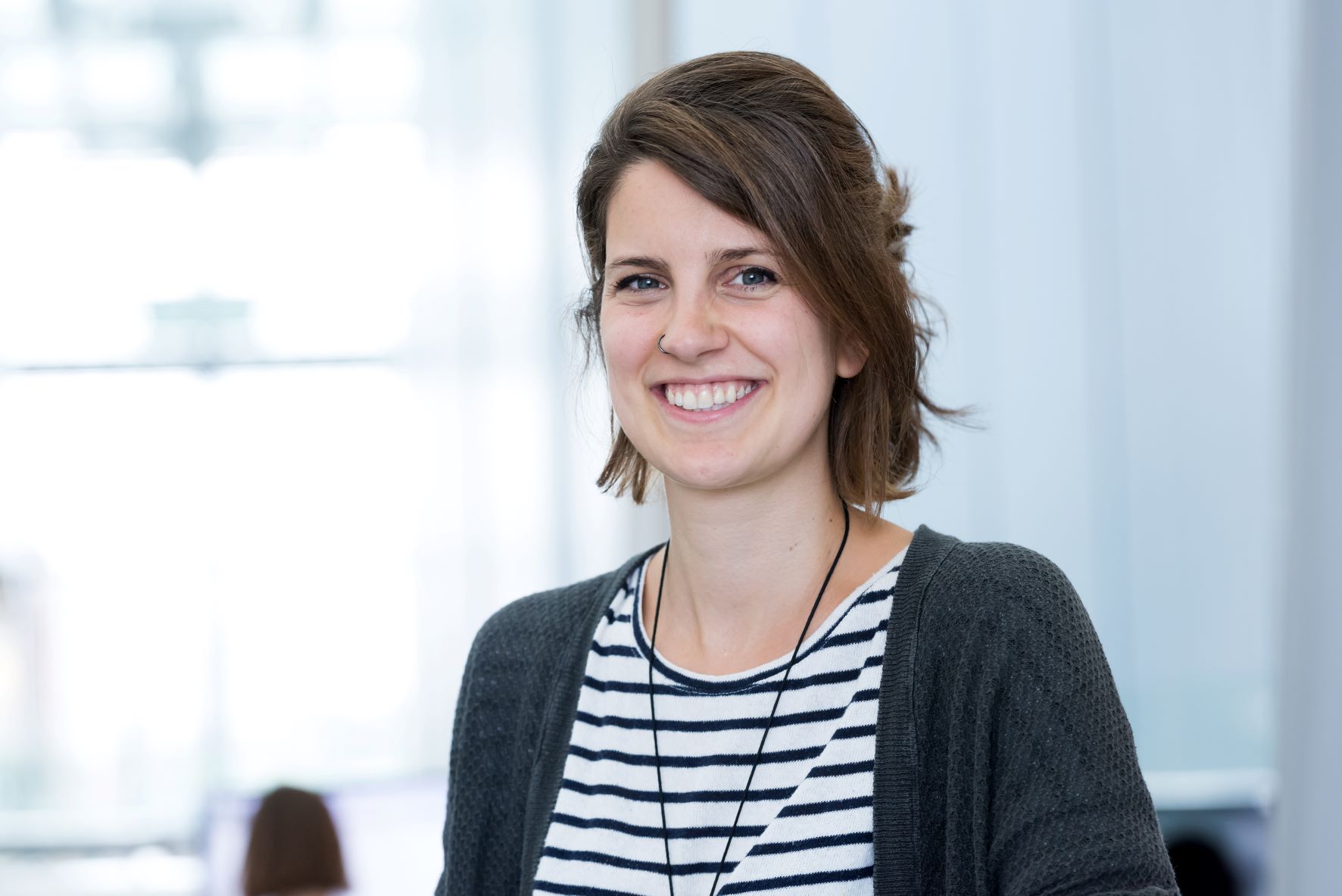
Dr. Berta Terra- Torres, Postdoc Fellow, the Francis Crick Institute
Digital transformation of outreach and engagement activities
Berta studies how the human brain is developed by looking at specific genes that are associated with neurodevelopmental disorders.
Apart from her research, she is also passionate about transforming people’s relationship with science. She will literally take any opportunity to step outside the lab to inspire the new generation of scientists!
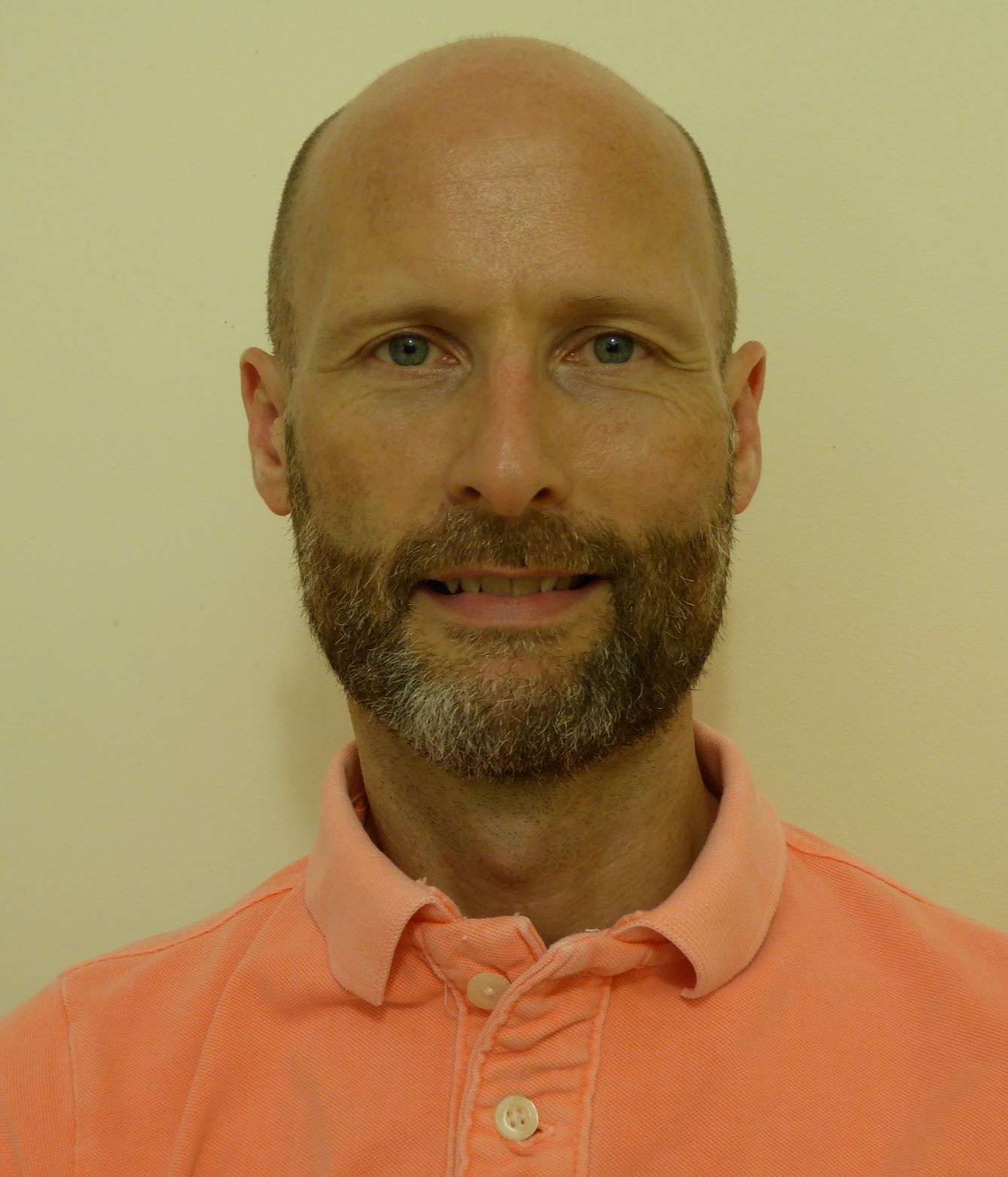
Dr. Andrew Harrison, the Francis Crick Institute
Digital transformation of outreach and engagement activities
Andy received a degree in Biology from York University where he stayed to complete a DPhil researching the function of muscle.
Following post-docs at Newcastle and Liverpool universities, he moved into schools educational outreach with the National Centre for Biotechnology Education at Reading University.
After a career break to travel the world, he returned to complete his PGCE at Cambridge University before becoming a science teacher in a state funded, non-selective secondary school for five years.
Joining the Crick's Education team has combined Andy’s experience in research and education, now developing and delivering activities for primary and secondary schools students, as well as teacher CPD.
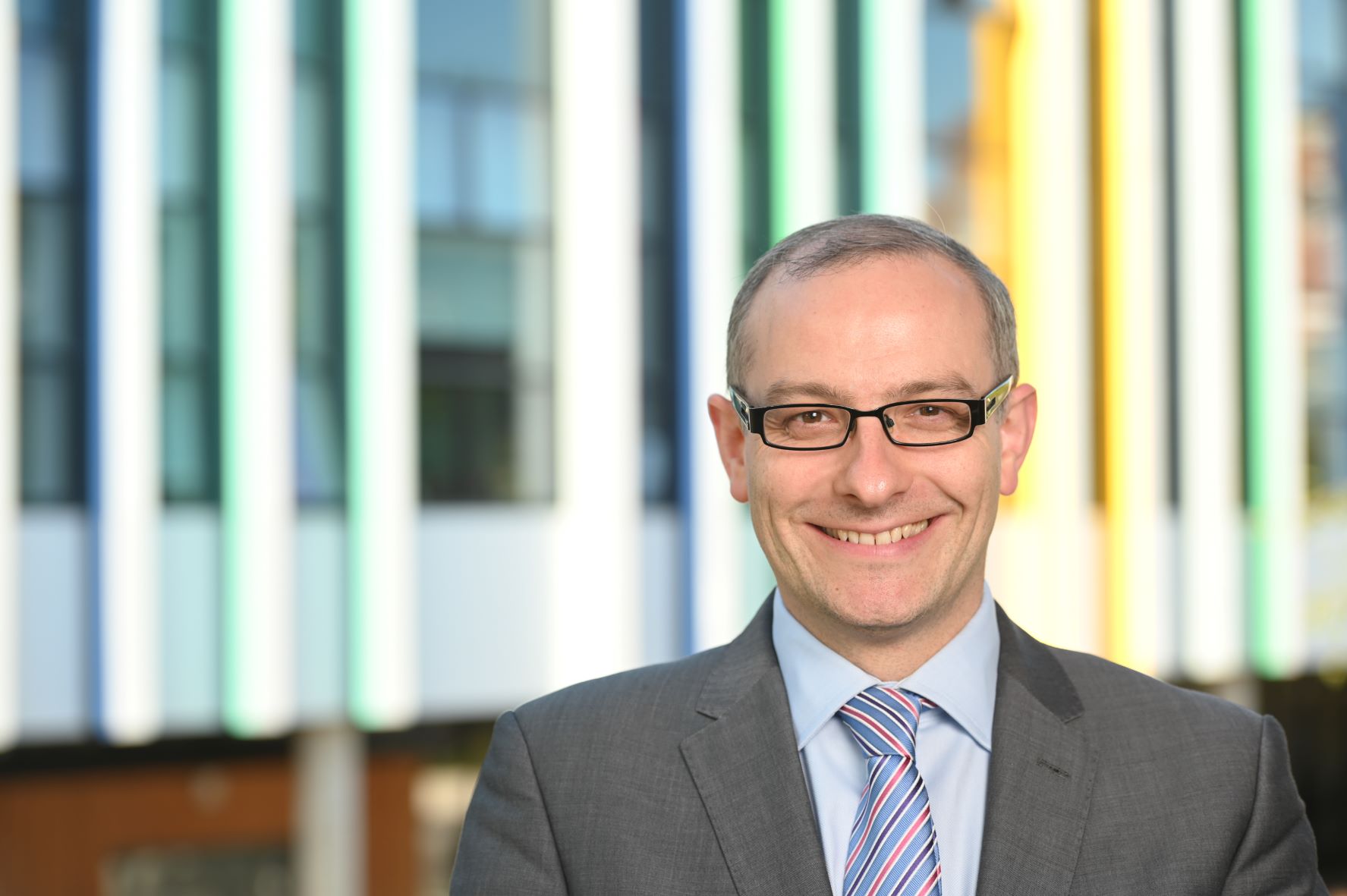
Richard Harrison, the Francis Crick Institute
Digital transformation of outreach and engagement activities
Richard leads Regent High School’s work with partners and stakeholders alongside community engagement, cultural learning and communications activities. He co-leads the innovative Camden STEAM Hub and is finishing an Erasmus+-funded project with four European partner schools.
Richard previously worked at the Royal Central School of Speech and Drama, University of London and has also worked at The University of Warwick, Birmingham Repertory Theatre and in youth theatre at Warwick Arts Centre.
He is Chair of the Board of Trustees of Camden Spark, Camden’s Local Cultural Education Partnership, a director of the Knowledge Quarter, a trustee of Theatre of Debate and chair of governors at Brecknock Primary School in Camden.
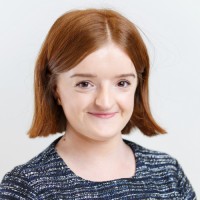
Lauren Treacher, Public Engagement Officer, the Francis Crick Institute
Digital transformation of outreach and engagement activities
Lauren works across the public engagement team in the community outreach team, exhibitions team and the public events team.
Most recently she has been involved in opening the Crick’s newest exhibition, Outwitting Cancer, and the ‘Meet a Scientist’ event series which enables informal conversations between Crick staff and members of the public.
Dr Erika Aquino, Public Engagement Manager, British Society for Immunology
COVID-19 outreach and engagement
Erika is the public engagement manager for the British Society of Immunology. The BSI supports scientists who study the immune system as well as ensuring everyone benefits from the knowledge we have about immunology.
She works to engage with the public to spark interest in and strengthen understanding of immunology. This involves developing and delivering all public engagement activities like attending festivals and events, supporting BSI members’ involvement in this area and helping them to develop their ideas about ways to interact with the public about their research, and creating materials suitable for all.
The current focus of her work is developing activities and resources to engage with the public about COVID-19 immunology and vaccines, making sure that the expert scientific voice is heard and reaches a diverse audience.
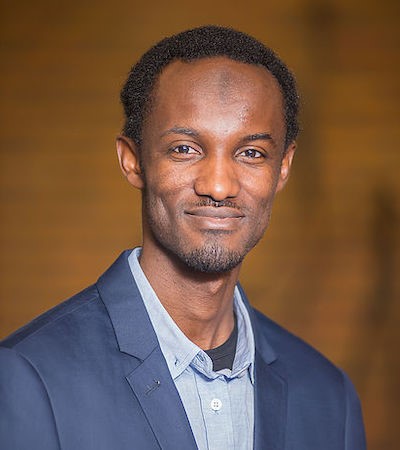
Dr Mahmoud Maina, Research Fellow, University of Sussex
Identifying and reaching new audiences
Mahmoud is a research fellow in Sussex Neuroscience (UK) and visiting scientist at Yobe State University (Nigeria).
His research focuses on understanding the basic mechanism of disease in Alzheimer’s disease. Mahmoud is also passionate about open science and inspiring/training the next generation of scientists.
He recently established the Biomedical Science Research and Training Centre in Nigeria, BioRTC to facilitate cutting-edge research in Africa.
In addition, he is the outreach coordinator for TReND in Africa, founder of Science Communication Hub Nigeria and the African Science Literacy Network to increase access to science role models and public understanding of science in Africa.

Joana Moscoso, Co-Founder, Native Scientist
Identifying and reaching new audiences
Joana believes in science and innovation for the benefit of humankind leading her to becoming a scientist and an entrepreneur.
With experience working in the public, private and third sectors, she holds a PhD from Imperial College London, is a Marie Skłodowska-Curie Fellow, and is the co-founder of two social enterprises.
The first, Native Scientist, is an award-winning European-wide non-profit organisation that connects children and scientists to promote quality and fair science education.
The second social enterprise, Chaperone, is the world’s first online marketplace for scientists to access high-quality and personalised career support. She is an author of 10 international peer-reviewed publications and founded Native Scientist while doing her PhD.
Her entrepreneurial skills, ability to mobilise people, and capacity to generate positive social impact have been distinguished multiple times, including by the RSB, with a Science Communication Award as an Established Researcher, MIT, as MIT Innovator Under 35, or by Euclid Network, as TOP 100 Women in Social Enterprise.
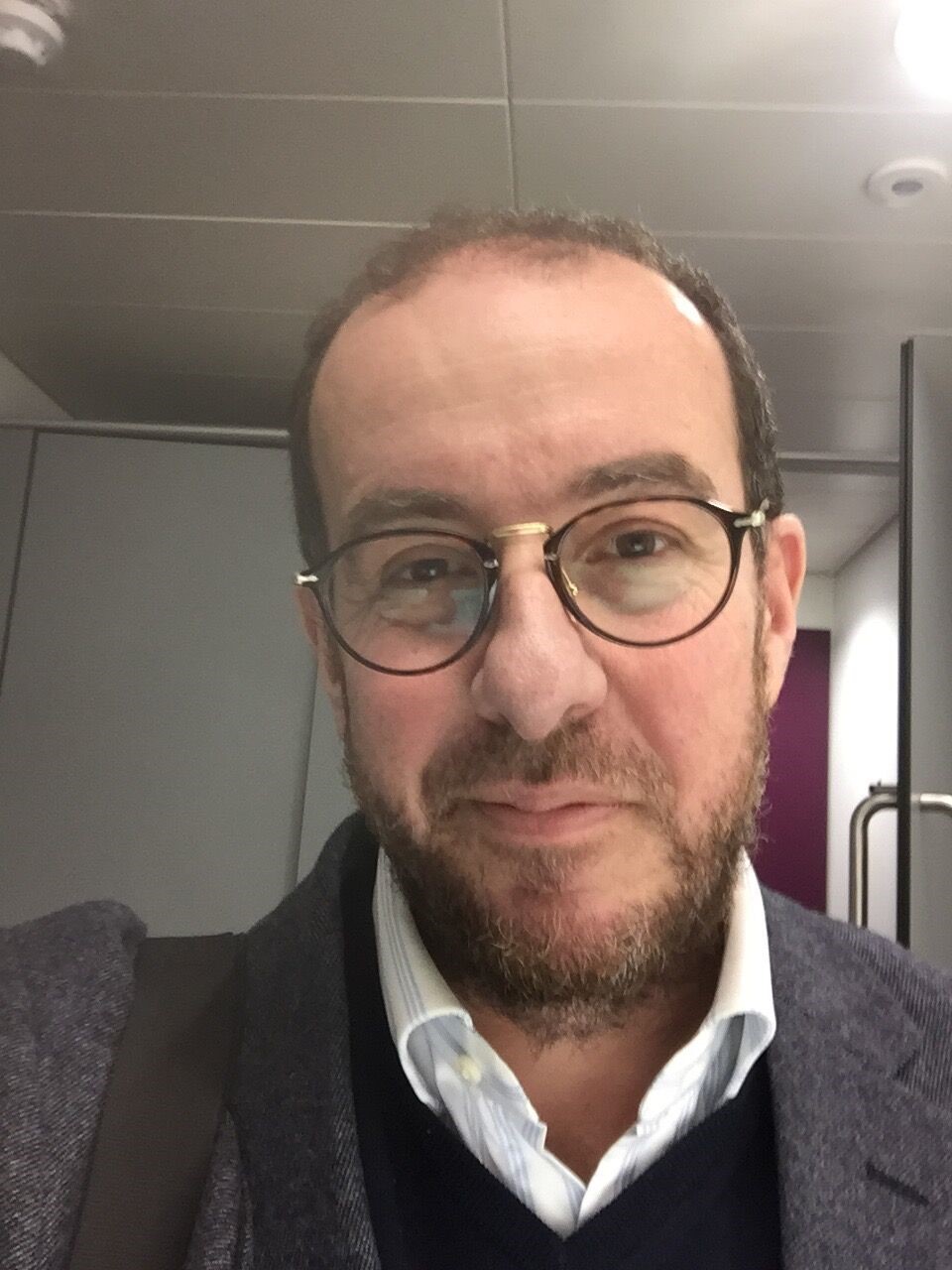
Professor Fulvio D'Acquisto, Professor of Immunology, University of Roehampton
Identifying and reaching new audiences
Fulvio is a professor of immunology at the University of Roehampton and honorary Professor of Immunopharmacology at Queen Mary University of London. He is passionate about a new field of research he named Affective Immunology.
This new area of research aims at investigating at cellular and molecular levels the links between emotional states and the immune response. Fulvio’s other passion is public engagement.
He is Editor in Chief of Frontiers for Young Mind health section.
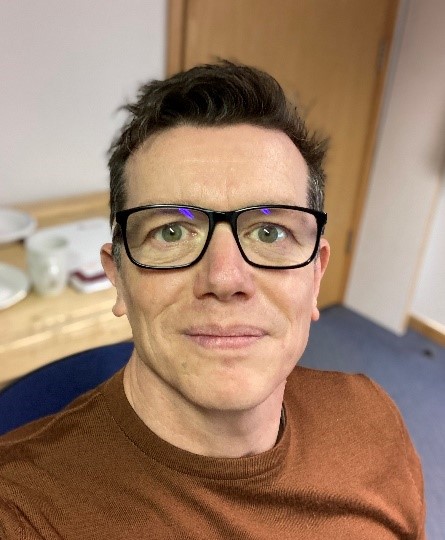
Professor Jonathan Pettitt, School of Medical Sciences
Closing remarks – Day 1
Jonathan is co-principal investigator of the Aberdeen Worm Lab and has a personal chair at the University of Aberdeen where he teaches genetics.
His research interests are focused on RNA biology using the nematode C. elegans as a model system.
He is also a strong advocate for public engagement with genetics and is the organiser of the annual Genetics Society, ‘Communicating Your Science’ workshop. In 2020 he was awarded the Genetics Society JBS Haldane Lecture.
Day 2: Current successes and challenges
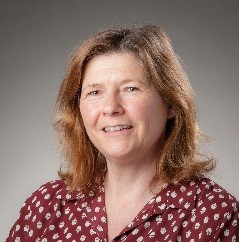
Dr Sarah Bailey, British Pharmacological Society
Keynote speaker - Day 2
Sarah is Vice President Engagement at the British Pharmacological Society. Engagement is key to delivering the mission of the society to promote and advance pharmacology.
As an academic, she is a Senior Lecturer and Head of Pharmacology Group at the University of Bath. Alongside teaching pharmacy and pharmacology students, Sarah conducts research into how the brain handles stress and how we can use this information to develop better antidepressant and anxiolytic medicines.
She is a Public Engagement Advocate at the University, supporting innovative ways to increase engagement with research, and the University’s ‘Openness Champion’ on animal research.
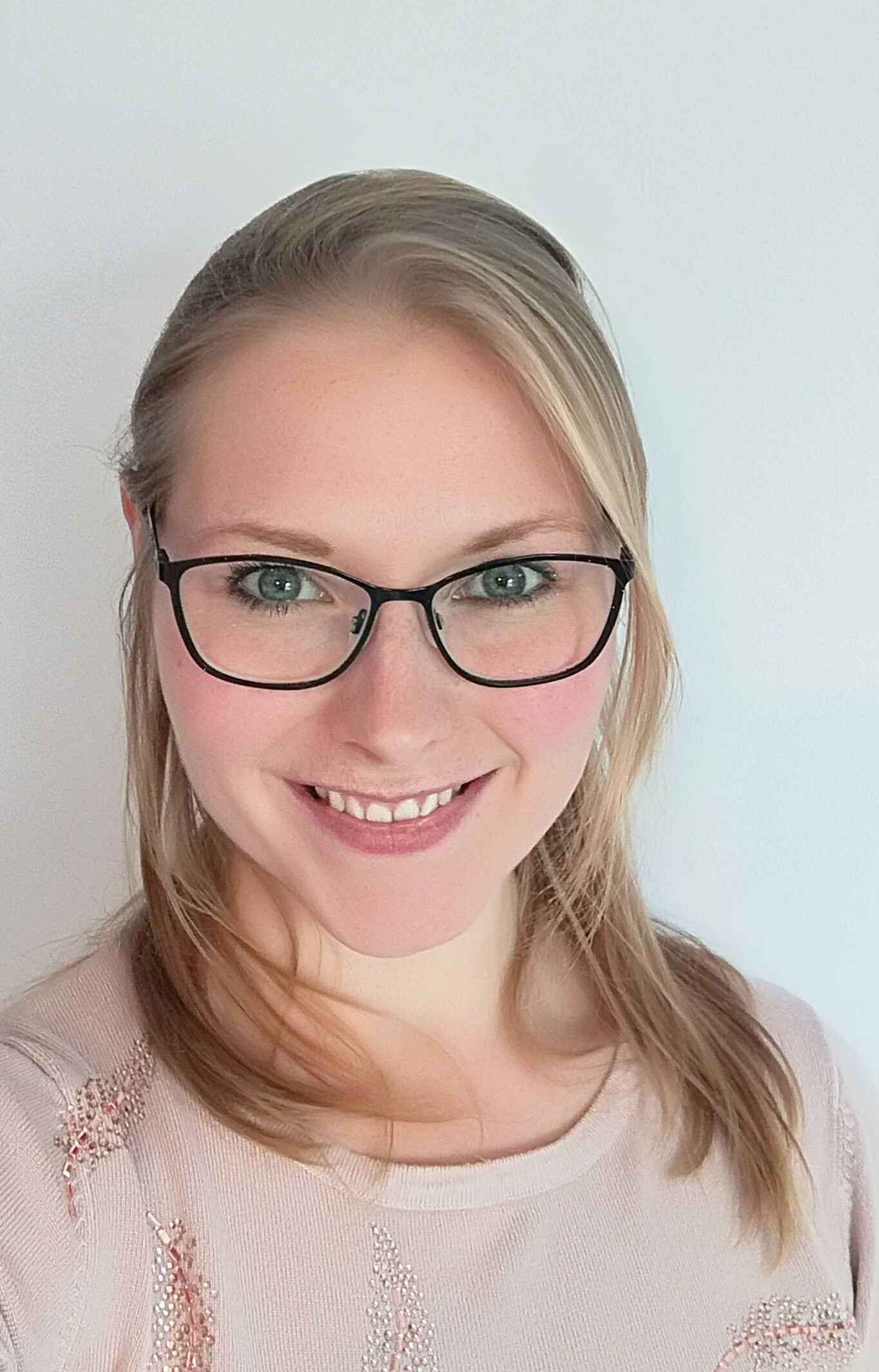
Rebecca Ellerington, Society for Experimental Biology
Chair - Day 2
Rebecca is the outreach, education, and diversity manager for the Society for Experimental Biology (SEB).
She is responsible for delivering scientific education and outreach projects as well as promoting equality, diversity and inclusion across all areas of the Society.
Rebecca’s background is in both bioscience research and outreach work. Since completing her PhD in cancer research at the University of Leeds, she has worked in various outreach and education roles.
Throughout her career the most exciting times have been when she’s taken her passion for research and science and tried to communicate that to groups outside her field.
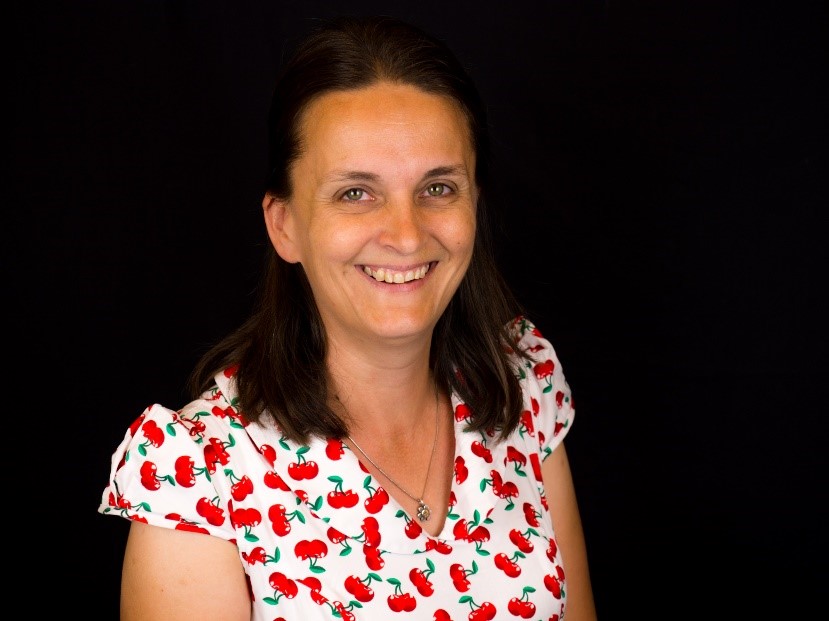
Dr Sarah Bearchell, STEM Lead, Lightyear Foundation
Digital accessibility
Sarah is STEM Lead for Lightyear Foundation, a small charity which opens the doors to STEM for young people with disabilities and special educational needs.
Through Lightyear and her freelance work, she aims to create engaging science activities which will work for everyone, whether online or in-person. She also writes for Whizz Pop Bang and Aquila Children's Magazine.
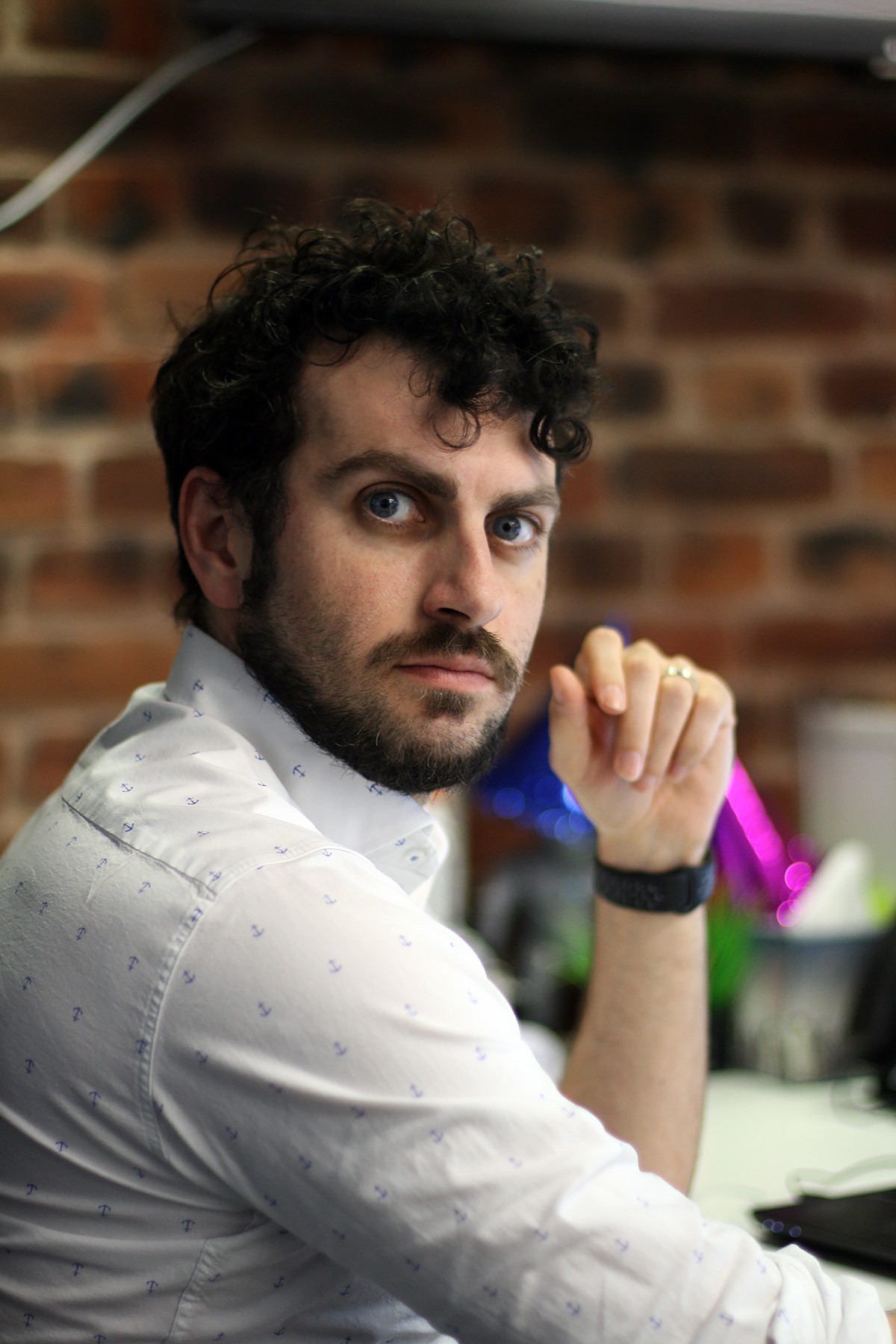
Dr Alfredo Carpineti , Chair and Leader, Pride in STEM
Engaging with LGBT+ liberation efforts
Alfredo (he/him) is a gay Italian astrophysicist, science journalist, and social activist. He is the chair and founder of Pride in STEM, an award-nominated British charitable trust dedicated to supporting and showcasing LGBT people in science, technology, engineering, and maths.
Pride in STEM and other sibling organisations launched and continue to promote LGBTSTEM Day, the international day for LGBTQ+ people in STEM, happening globally on November 18.
He was recognised as one of the 100 LGBTQ trailblazers by Attitude Magazine
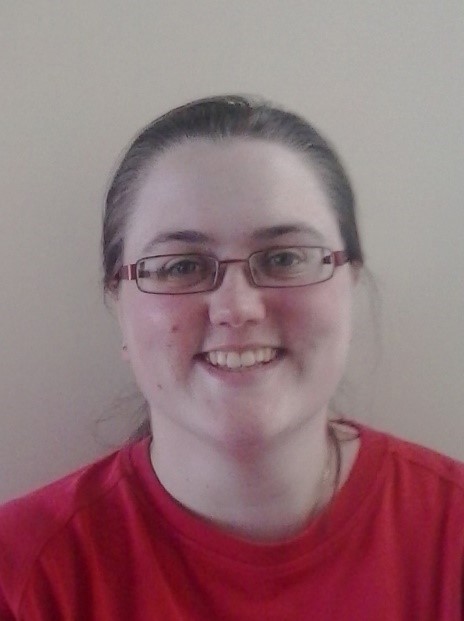
Dr Claire Price, Research Officer, Swansea University
Taking science out to your local community
Claire is a research officer at Swansea University Medical School. As part of the BEACON+ project, she assists small and medium sized enterprises within the South Wales region as well as studies Antifungal Resistance and looks at using microorganisms to make novel products.
She is a STEM ambassador and the founder and curator of Merthyr Science Festival.
She has also won the Royal Society of Biology Outreach and Engagement Award for an Established Researcher 2020.
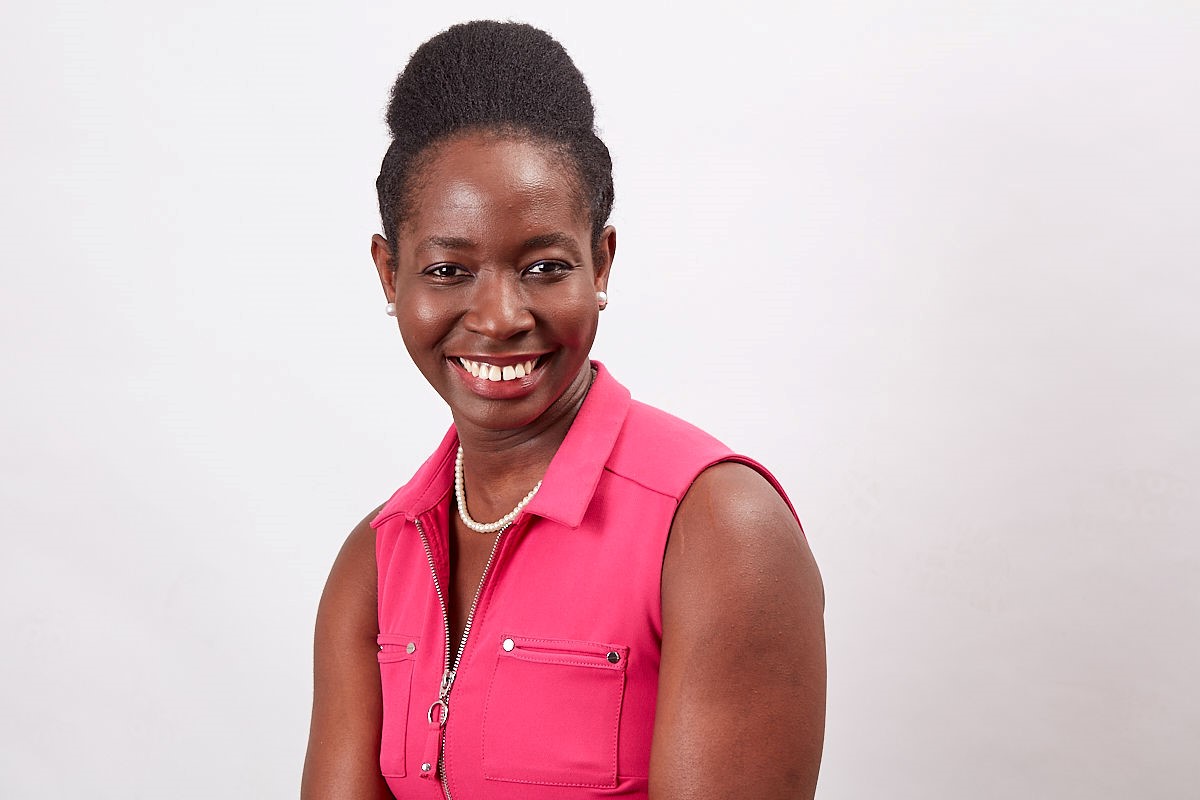
Dr Hephzi Tagoe, Research Scientist, GhScientific
Taking science out to your local community
Hephzi is a research scientist and multiple award-winning science communicator. She is the director of the science charity, GhScientific. GhScientific works with young people and their families from underserved communities to improve their science capital.
She also organises the annual street science festival in Basildon. Hephzi is the regional chair for the RSB Bedfordshire, Essex and Hertfordshire branch, is the current chair for the Basildon creative people and places and is a 2019 Winston Churchill fellow where her travels explored informal methods of science education.
She brings a wealth of experience in community engagement and working with underserved communities.
Day 3: Looking to the future

Philippa Skett, Press and Communications Manager, Royal Society of Biology
Keynote address: Digital Engagement for the next generation
Philippa manages press and communications at the RSB, as well as overseeing the outreach and engagement work the Society does.
She has been working in science communication for a number of years at organisations including the IOP and New Scientist, and has a master’s degree in science communication from Imperial College London.
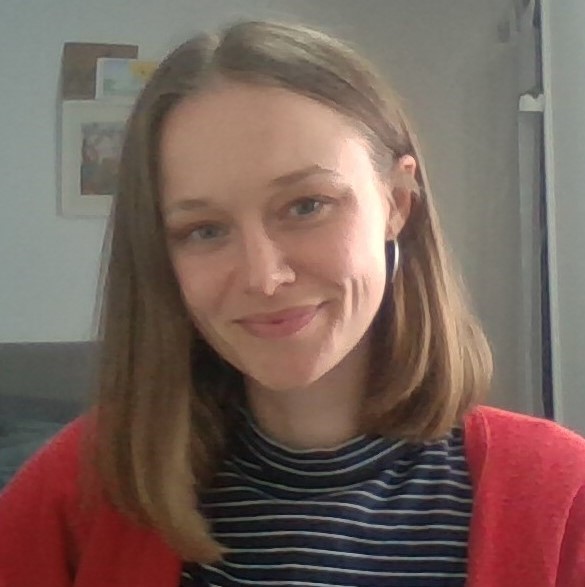
Anna Woolman, Engagement Officer, British Science Association
Future engagement challenger including evaluation
Anna is an engagement manager at the British Science Association who manages projects which bring researchers and the public together.
She primarily oversees the programming and evaluation for the British Science Festival, a large-scale public engagement event attracting thousands of people annually.
She supports researchers from across the scientific spectrum and community organisations to develop their confidence in science engagement.
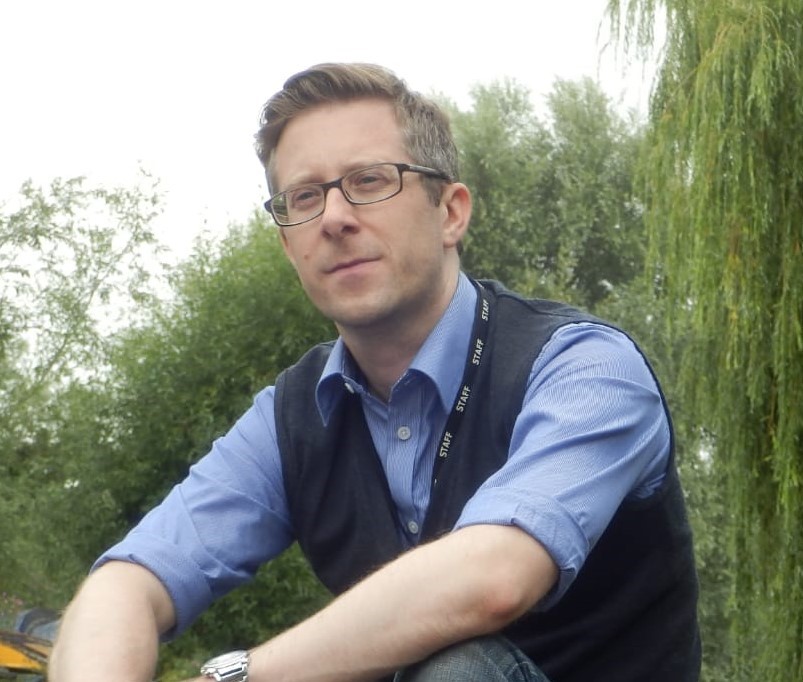
Dr Steve Scott, Public Engagement Lead, UK Research and Innovation
Increasing your funding
Steve is a public engagement lead at UK Research and Innovation, who leads on public engagement with research working with higher education institutions, researchers and public engagement professionals. A focus of this work is establishing a culture and environment where researchers feel empowered, encouraged and supported to engage public groups with their research.
He has a particular interest in enabling diverse and underrepresented groups to have opportunities to engage with research. He has led programs using citizen science and other participatory research methods to enable the public to actively contribute to research and generate new knowledge.
Steve previously worked at the Wellcome Genome Campus near Cambridge, UK working with researchers, staff and students to enable them to engage the public with their research on genomics and biodata.
He’s also worked at the Medical Research Council, Sudler & Hennessey and University of Cambridge.
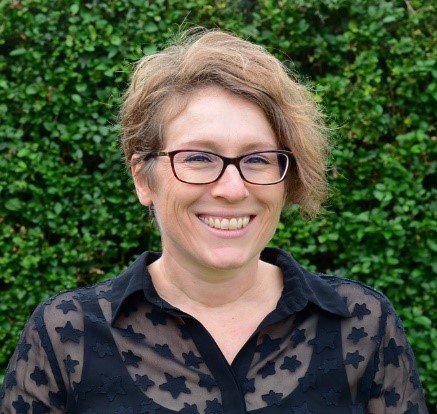
Dr Lucy Green, Associate Professor at the Faculty of Medicine and Assistant Director of Institute of Developmental Sciences, University of Southampton
Thinking outside the box
Lucy is connecting people of all ages with science behind the first 1000 days of development, from the moment of conception, and how it effects our lifelong health. It is a subject she’s researched and taught for ~30 years, currently at The University of Southampton.
She works with The Physiological Society and International Society of Developmental Origins of Health and Disease to promote science engagement.
She was British Science Association Media Fellow (2018, BBC Radio Science) and recipient of Royal Society of Biology'sOutreach and Engagement Award for Established Researcher (2019).
Not frightened of a metaphor, she constructed a giant kerplunk game to start conversations with kids and parents about developmental physiology, and has given young people science experiences and a ‘platform’ to question experts about big health issues.
As head of engagement in her faculty of medicine she works to support other researchers with engagement and to build relationships with diverse communities of public.
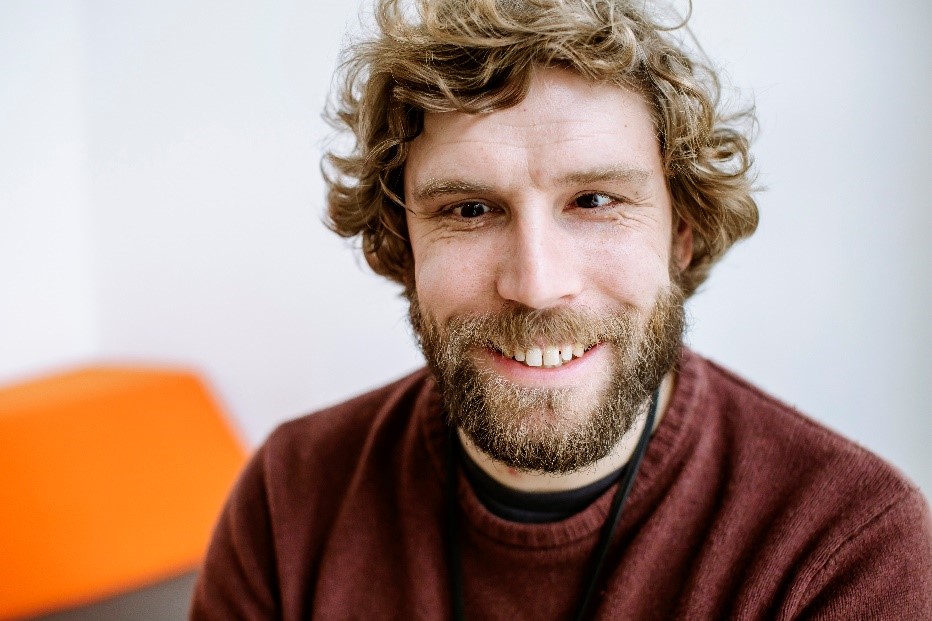
Dr Nicolas Bonne, Public Engagement and Outreach Fellow, University of Portsmouth
Thinking outside the box
Originally from Australia, Nic is a vision impaired astronomer with a background in galaxy research. He currently works in the UK as a public engagement and outreach fellow at the University of Portsmouth's Institute of Cosmology and Gravitation.
Dr Bonne is a co-founder of, and currently leads, the Tactile Universe public engagement project, which is developing resources and activities to help vision impaired students across the UK and internationally access current topics in astronomy.
He also consults on a number of other vision impaired accessible projects both nationally and internationally.
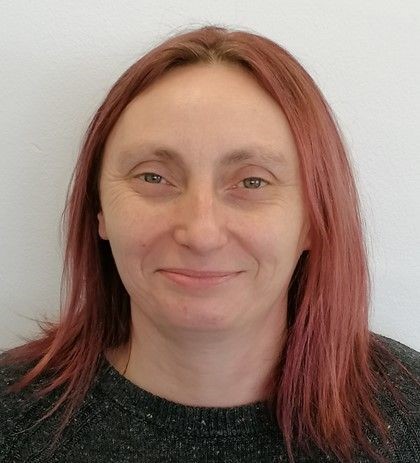
Marie Bowers, Technician, The University of Glasgow
Thinking outside the box
Marie is a Romany woman technician working to increase the representation of Gypsy, Roma, Traveller Showman and Boater groups in STEM, education and beyond.
A graduate of UMIST, Manchester with an honours degree in biochemistry, she has worked in a range of labs developing and sharing her technical expertise in both industry and academic research settings.
Now a technician in a human physiology teaching lab at the University of Glasgow, Marie is an active champion for the Technician Commitment, and advocate for inclusive educational practice, seeking to increase the diversity of voices heard in scientific discussions.
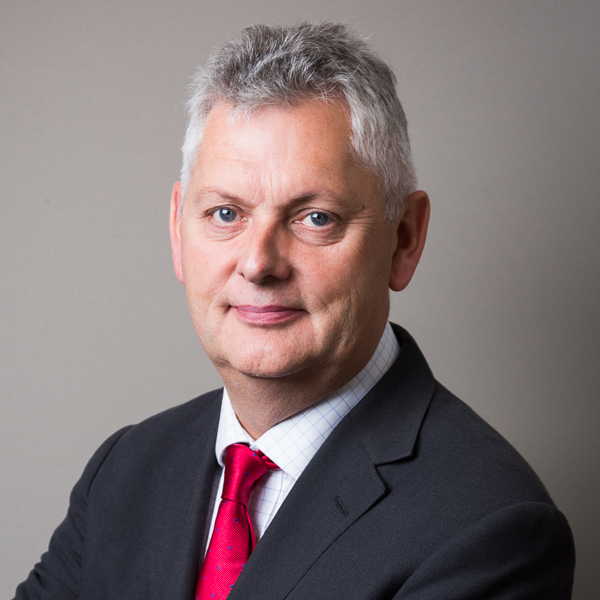
Dr Mark Downs CBiol CSci FRSB, Royal Society of Biology
Closing remarks
Mark joined the RSB from the major charity for hearing health and deafness, RNID, where he was the executive director for science and enterprise (2004-2009).
Prior to this role, he was the UK’s lead policy official for negotiating and implementing a range of EU business related environmental legislation and First Secretary (Trade Policy) at the British Embassy in Tokyo. Mark has managed and undertook biosensor research, managed Government LINK programmes, and worked on innovation, S&T and space policy. He was responsible for setting up the Government’s Faraday Partnership Programme, the £30m environmental body WRAP, and worked on the 1993 Science & Technology White Paper.
Mark has been vice-chair of the Science Council's board and is currently a trustee of the Freshwater Habitats Trust.
More information coming soon

